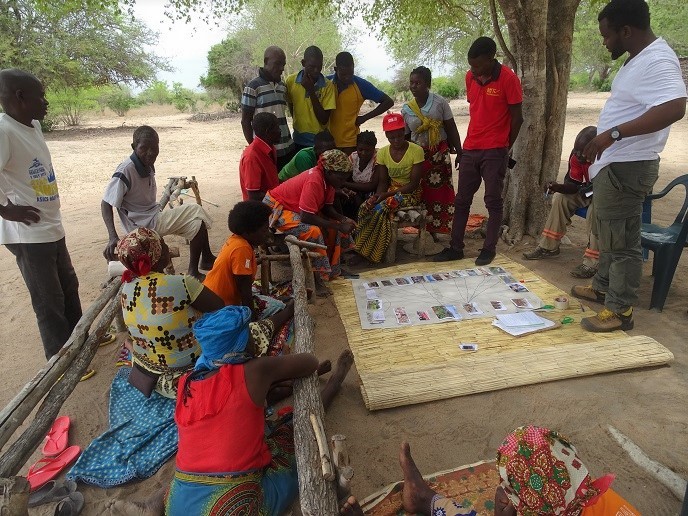Australia, New Zealand and EU study forests and climate change
Forests are now seen as playing a vital role in the fight against climate change by mitigating the effects of enhanced levels of carbon dioxide. Therefore, there is an urgent need to gain a clearer understanding of how forests and forestry sectors interact with their environment and with human societies as the climate alters. Australia and New Zealand depend upon their forests for maintaining biodiversity, carbon storage, clean water and wood-based products. As such, the two countries have become major centres of forestry and climate change research. The 'Transferring research between EU and Australia-New Zealand on forestry and climate change' (TRANZFOR)(opens in new window) project aimed at strengthening links between Australian, European and New Zealand researchers. European partners were from France, Portugal and the United Kingdom. TRANZFOR was based on a coordinated joint programme of exchanges of 74 researchers for periods of between 2 and 12 months. This provided a unique opportunity for both individuals and organisations to develop and strengthen long-term research cooperation. The programme of scientific exchanges was focused on forests, forestry and climate change interactions, including assessment of impacts of climate change on forest ecosystem functioning and development of adaptation and mitigation strategies for forest management. Common tree species of interest and climatic conditions, together with the strategic importance of managed and planted forests, provided the basis for a coherent framework for research activities. Five main topics were identified as being the most relevant for all the partners involved. They comprised genomics and tree breeding strategies, forest models, ecosystem services, risk assessment and management, and bioenergy. Collaborative work conducted over a 53 month period (2009-2013) under the auspices of the TRANZFOR exchange programme helped to increase scientific knowledge in the area of forestry and climate change. This resulted in 16 joint publications in the international scientific literature. In addition, the involvement of young scientists setting out on their careers will provide a sound foundation for future collaborations.







